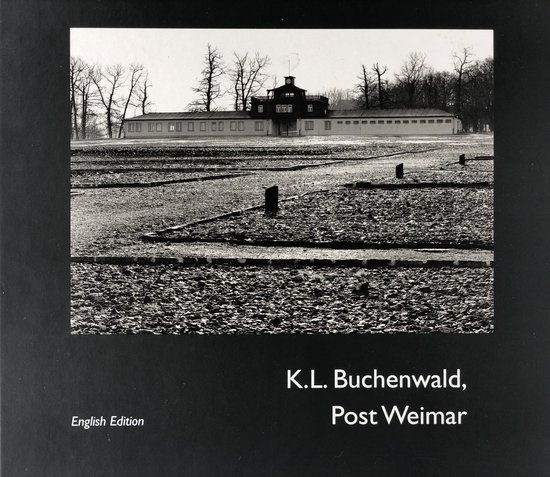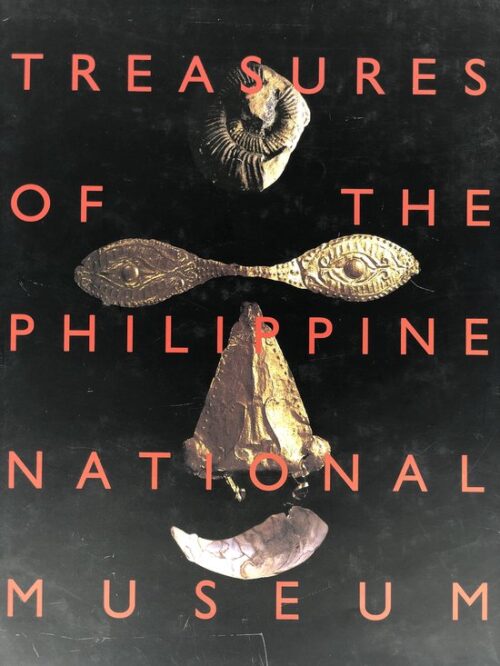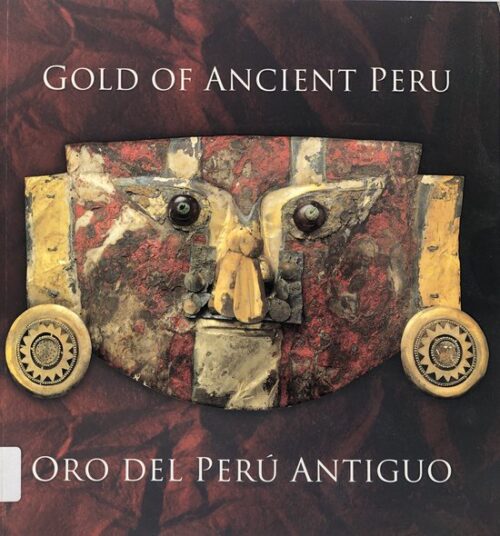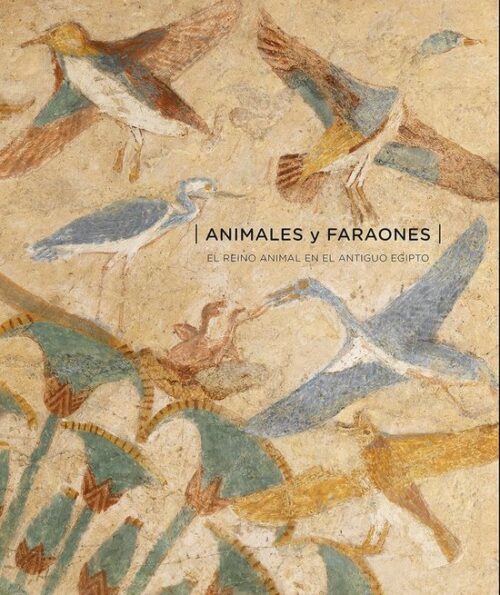Beschrijving
This book presents a poignant photographic tour of the former concentration camp Buchenwald near Weimar, Germany, taken by Jürgen M. Pietsch in the years 1998 and 1999. The images capture the remnants of the camp’s infrastructure—baracks, watchtowers, memorial sites—and juxtapose them with traces of natural reclamation and human absence. Through these visuals, the author evokes the tension between memory and silence, between the historical weight of the site and its contemporary stillness.
In the second section, the book contextualizes the photographs by offering commentary on the history of Buchenwald: from its establishment in 1937, through its operation during the Nazi regime, to its liberation and eventual transformation into a memorial and educational site. The narrative underscores the layers of meaning embedded in the ruins—how they speak of ideology, suffering, resistance and remembrance—and invites readers to reflect on how place and time bear witness to atrocity.
Finally, the work engages with the idea of “post-Weimar” memory: how the region, the camp, and its legacy have been integrated into German cultural consciousness, regional identity and tourism. The title’s “Post Weimar” indicates not only the geographic setting but also the temporal distance from the historical events. The book challenges the reader to consider how sites of trauma persist, transform and continue to speak across generations—through architecture, landscape and photographic framing.






Beoordelingen
Er zijn nog geen beoordelingen.